Kent grammar schools' entry test 'loaded against poorer pupils'
Children from disadvantaged backgrounds suffer from lack of preparation when sitting 11-plus, study says
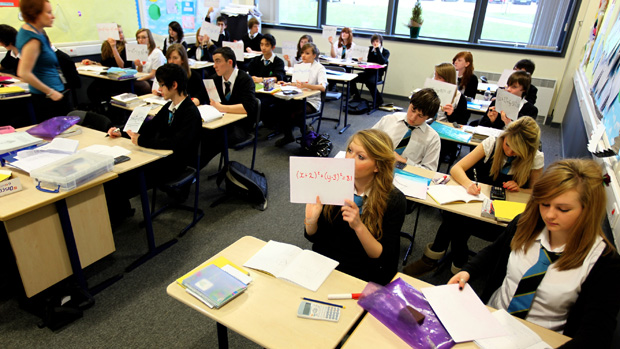
A free daily email with the biggest news stories of the day – and the best features from TheWeek.com
You are now subscribed
Your newsletter sign-up was successful
Poorer children hoping to get into grammar schools in Kent are "rolling a loaded dice" when they sit the 11-plus, a new study says.
Research by Education Datalab says the odds are loaded against children from disadvantaged backgrounds applying for grammar schools in the "heavily" selective county.
It also found that children on free school meals scored especially poorly on reasoning questions on the entry exam, reports the BBC.
The Week
Escape your echo chamber. Get the facts behind the news, plus analysis from multiple perspectives.

Sign up for The Week's Free Newsletters
From our morning news briefing to a weekly Good News Newsletter, get the best of The Week delivered directly to your inbox.
From our morning news briefing to a weekly Good News Newsletter, get the best of The Week delivered directly to your inbox.
As these are not taught in the school curriculum, researchers say they are evidence that better-off families are gaming the system by providing private education and tutoring in order to get their children into grammar schools.
Kent primaries are "explicitly asked not to prepare their pupils" for the tests, further exacerbating the advantages of private tuition, the authors add.
In 2015, 12 per cent of pupils on free school meals passed the test against 30 per cent from better-off families, suggesting the selection process does not always pinpoint "the most academically capable children".
Education Datalab called on Kent County Council to change their policy so state primaries could practice reasoning tests with pupils. It also recommended giving those on free school meals extra marks, especially on reasoning questions.
A free daily email with the biggest news stories of the day – and the best features from TheWeek.com
Its findings will be a blow to Theresa May, who has announced plans for up to 140 new free schools, many of which are likely to become grammars, the Daily Telegraph reported. The Prime Minister claimed the new schools would create a "great meritocracy" and give everyone a "fair chance to succeed".
Her policy reverses a current ban on new grammars put in place by Labour in 1998, amid fears that academically-selective schools were reinforcing rather than reducing middle-class advantages, particularly as the assessments were and are generally done via a single test - the 11-plus.
Education Datalab director Rebecca Allen, said: "With only around one in four children getting in to grammar school – and the odds stacked against those from poorer backgrounds – securing access to a grammar school in Kent is like rolling a loaded dice," reports TES.
"The nostalgia for grammar schools is confined to those who passed the exam, and felt it gave them a chance in life," journalist Chris Horrie, who failed the 11-plus in the 1960s, writes in The Guardian.
"But the experience of those who failed is rarely – if ever – heard first-hand, for the very good reason that hardly any of them went on to higher education or positions in life where they had any sort of voice at all."
-
 What is the endgame in the DHS shutdown?
What is the endgame in the DHS shutdown?Today’s Big Question Democrats want to rein in ICE’s immigration crackdown
-
 ‘Poor time management isn’t just an inconvenience’
‘Poor time management isn’t just an inconvenience’Instant Opinion Opinion, comment and editorials of the day
-
 Bad Bunny’s Super Bowl: A win for unity
Bad Bunny’s Super Bowl: A win for unityFeature The global superstar's halftime show was a celebration for everyone to enjoy
-
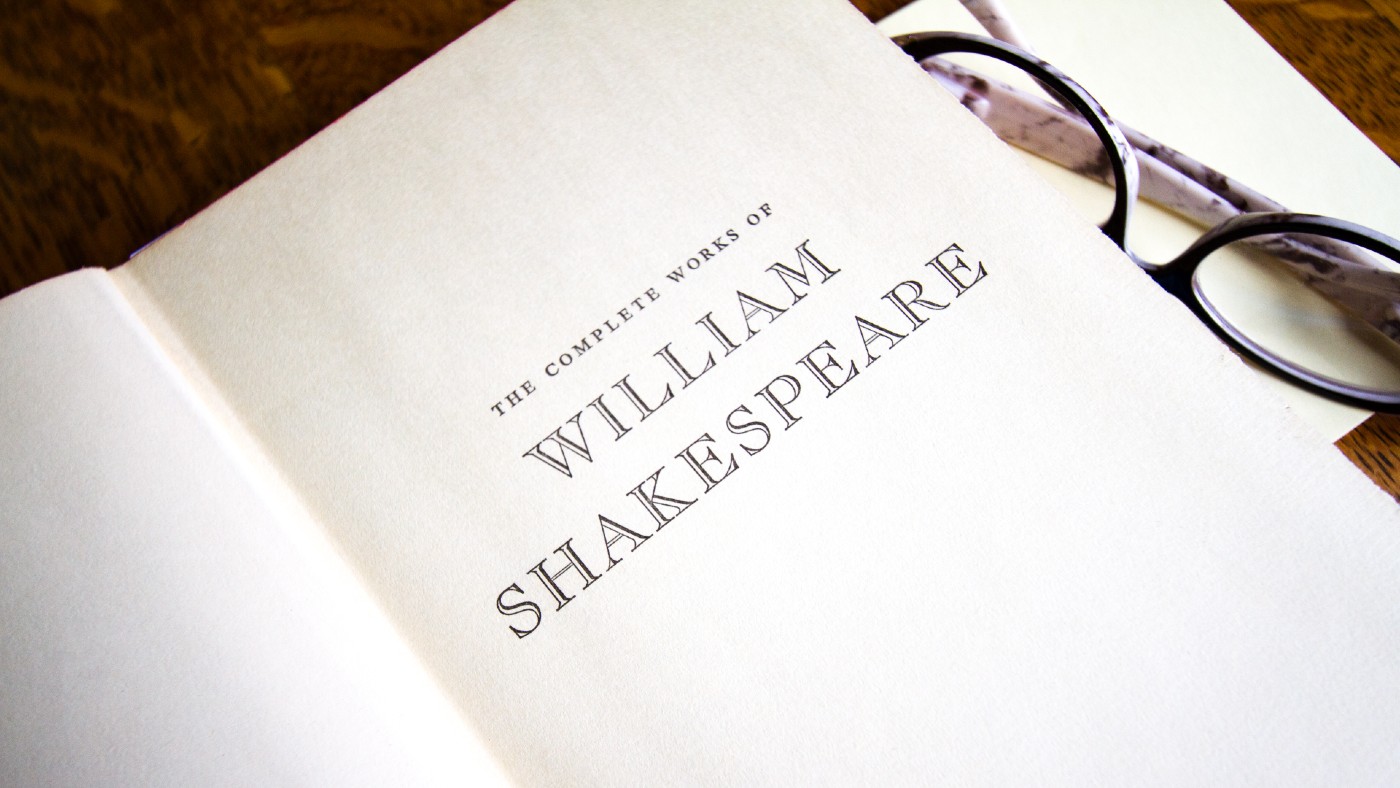 English literature: is it doomed?
English literature: is it doomed?Speed Read Arts and humanities courses are under attack thanks to a shift to ‘skills-led’ learning
-
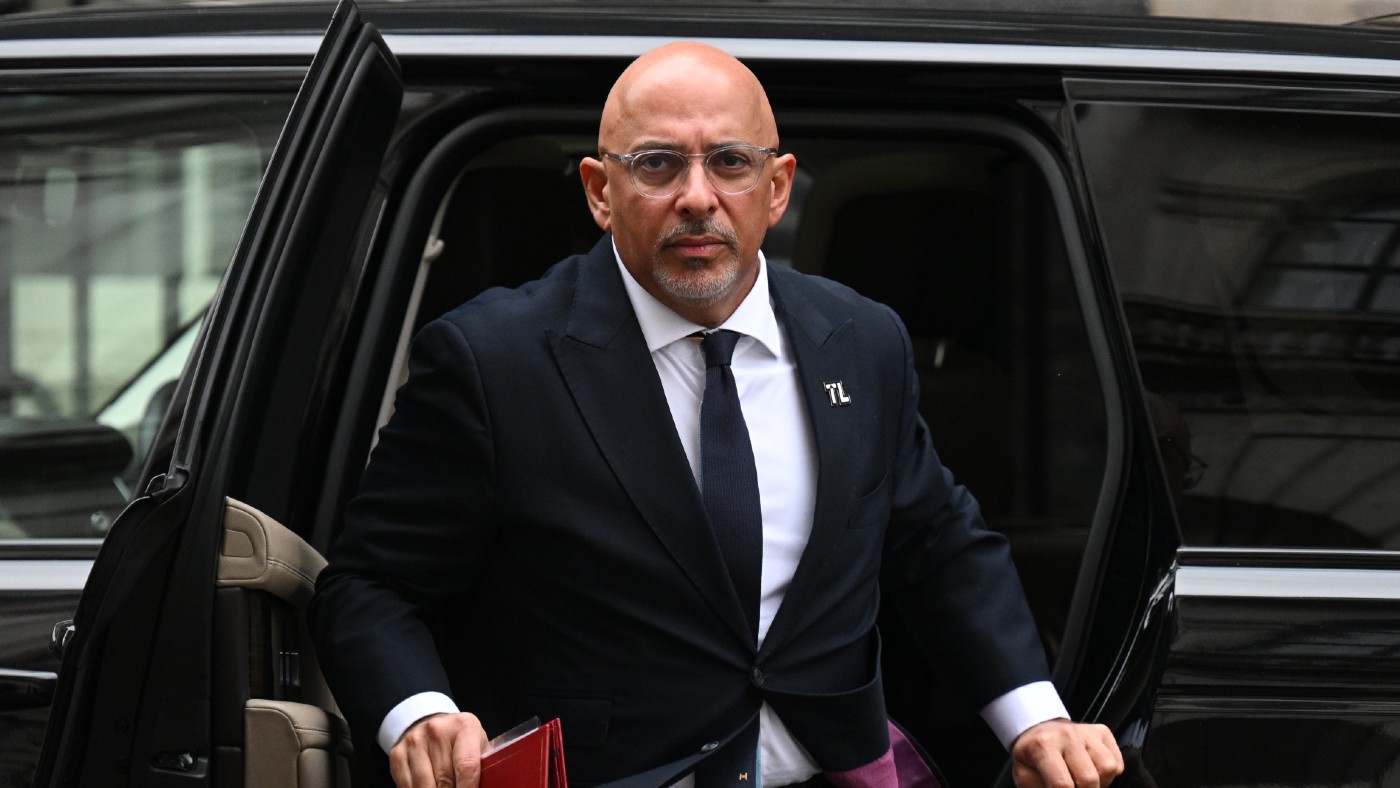 Are UK classrooms a new political battleground?
Are UK classrooms a new political battleground?Speed Read Government has issued new guidance on political neutrality in schools
-
 Kathleen Stock resigns: the ‘hounding’ of an academic on the front line of transgender rights debate
Kathleen Stock resigns: the ‘hounding’ of an academic on the front line of transgender rights debateSpeed Read Sussex University students claim ‘trans and non-binary students are safer and happier for it’
-
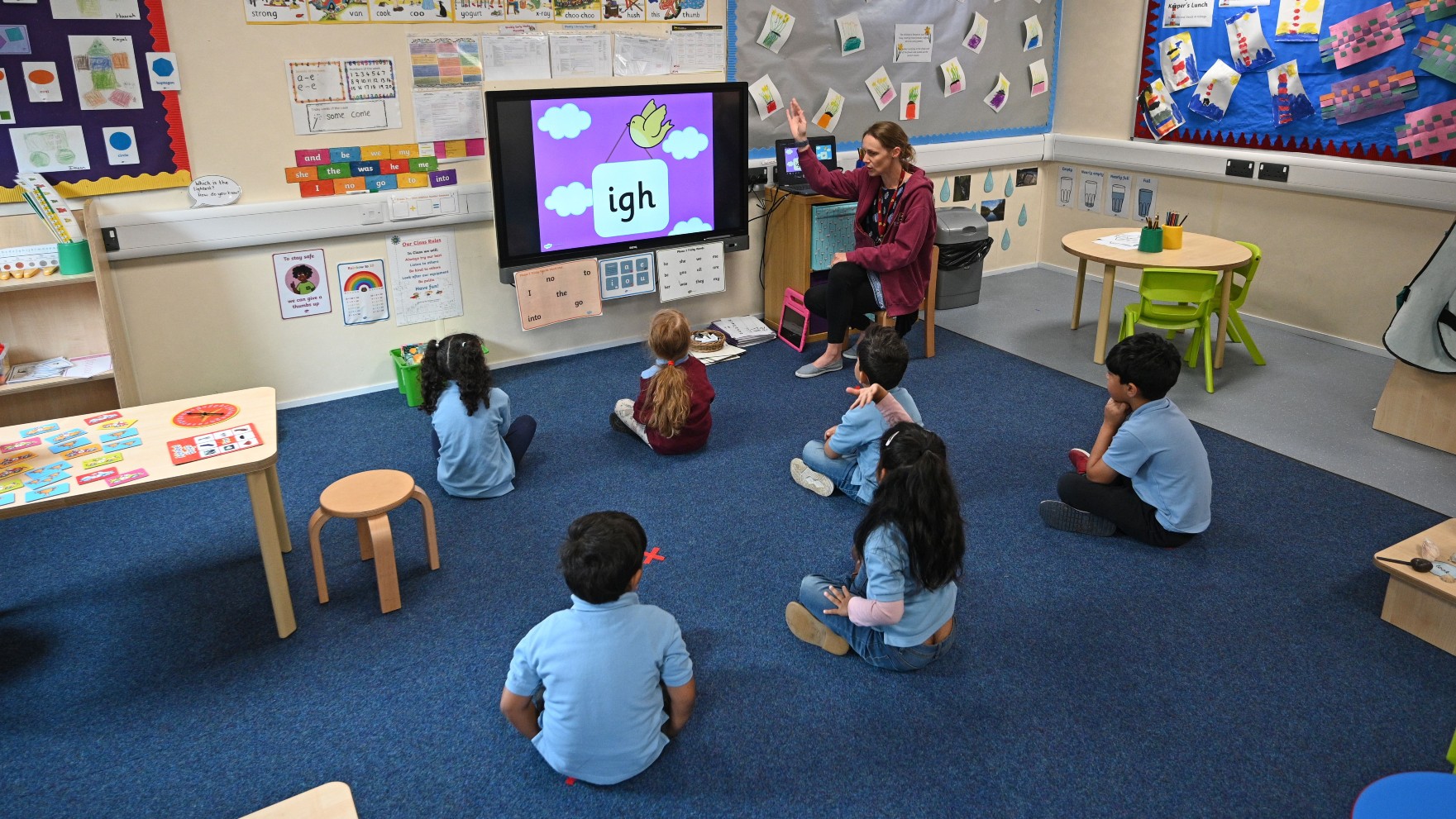 How 100,000 ‘lost children’ disappeared from UK school system
How 100,000 ‘lost children’ disappeared from UK school systemSpeed Read Experts warn that vulnerable pupils may be recruited by gangs after failing to return to education post-lockdown
-
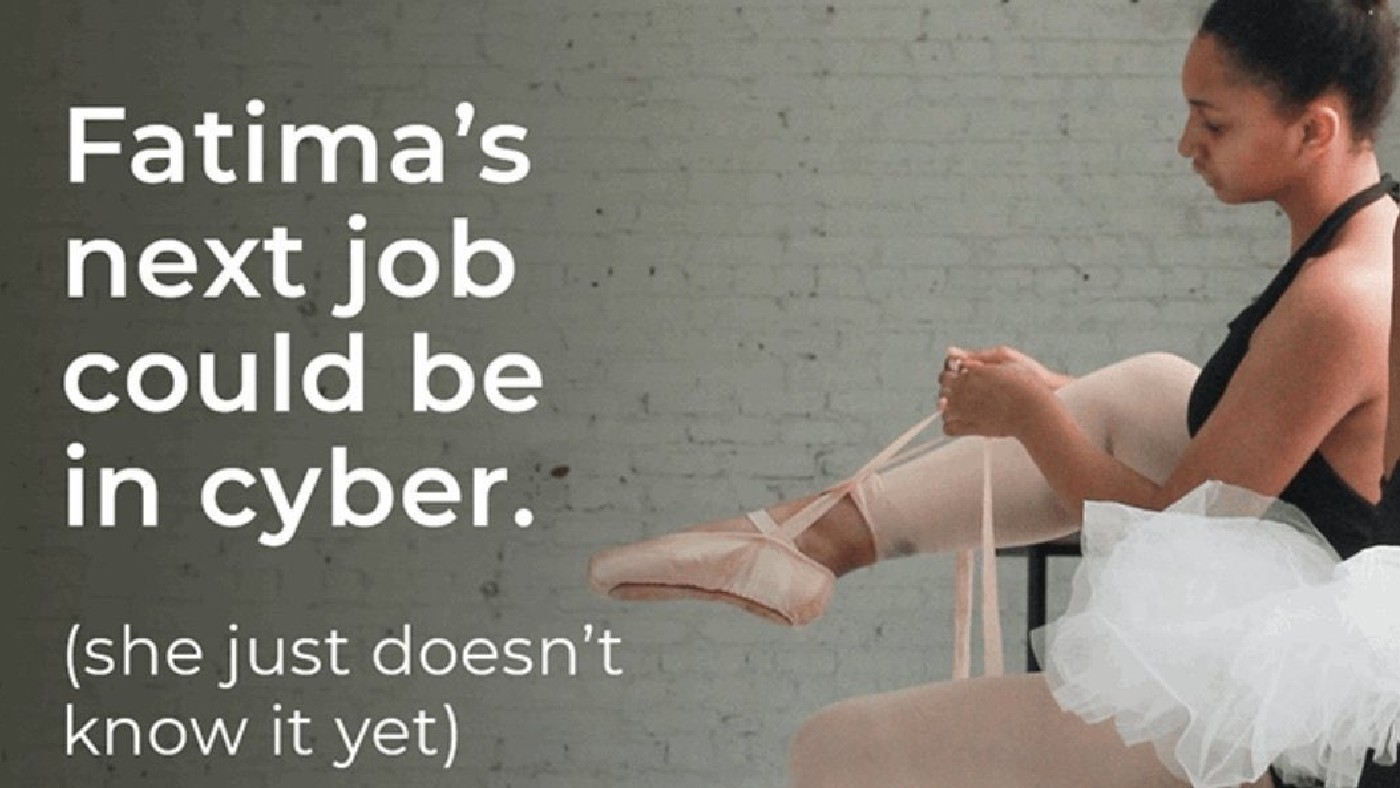 Why is the government planning to cut arts education funding by 50%?
Why is the government planning to cut arts education funding by 50%?Speed Read Proposal described by critics as ‘catastrophic’ and ‘an attack on the future of UK arts’
-
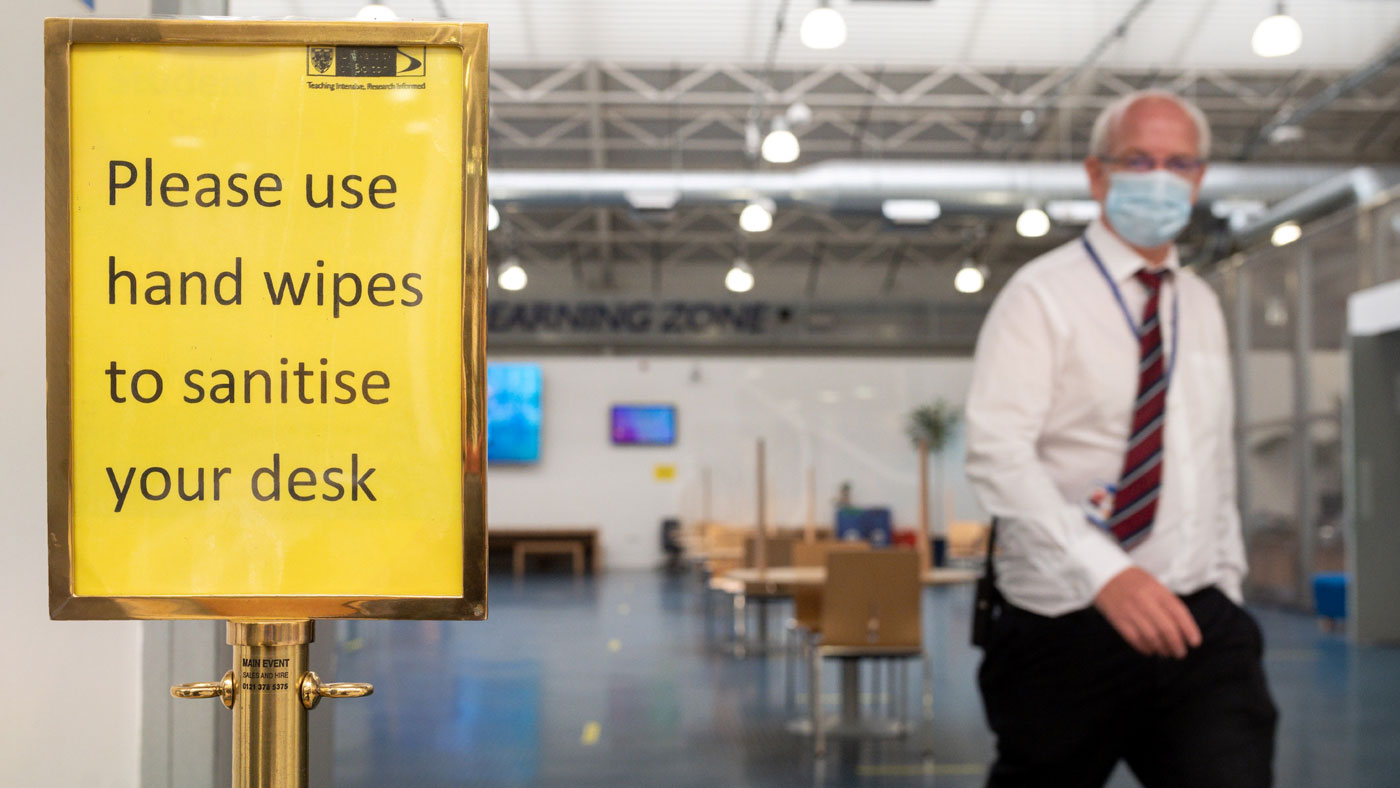 Schools do not spread Covid-19, multiple studies find
Schools do not spread Covid-19, multiple studies findSpeed Read Reports from Germany, Norway and the WHO conclude schoolchildren are not vector of infection
-
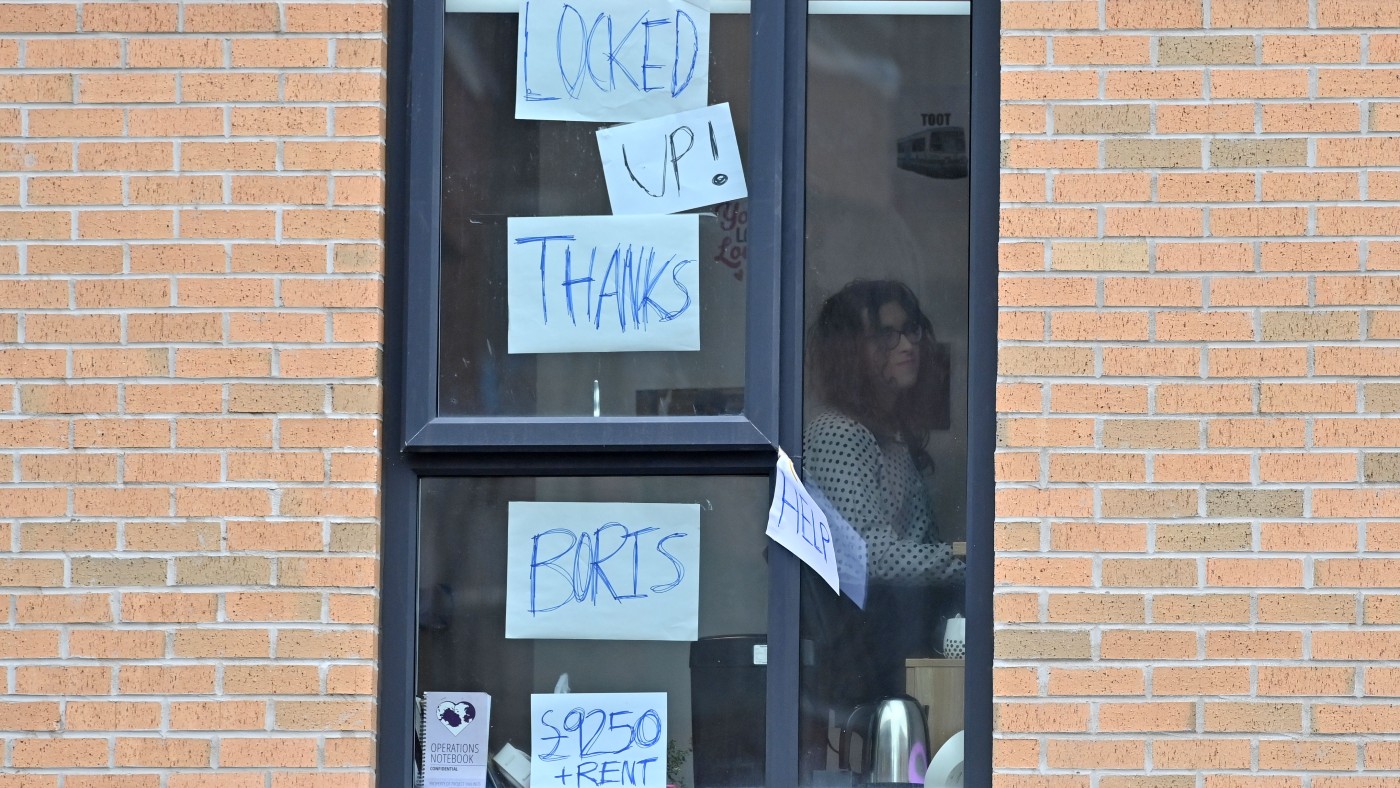 Universities must consider refunding students hit by Covid disruption, regulator warns
Universities must consider refunding students hit by Covid disruption, regulator warnsSpeed Read Institutions under investigation as thousands of undergraduates remain locked down amid coronavirus outbreaks
-
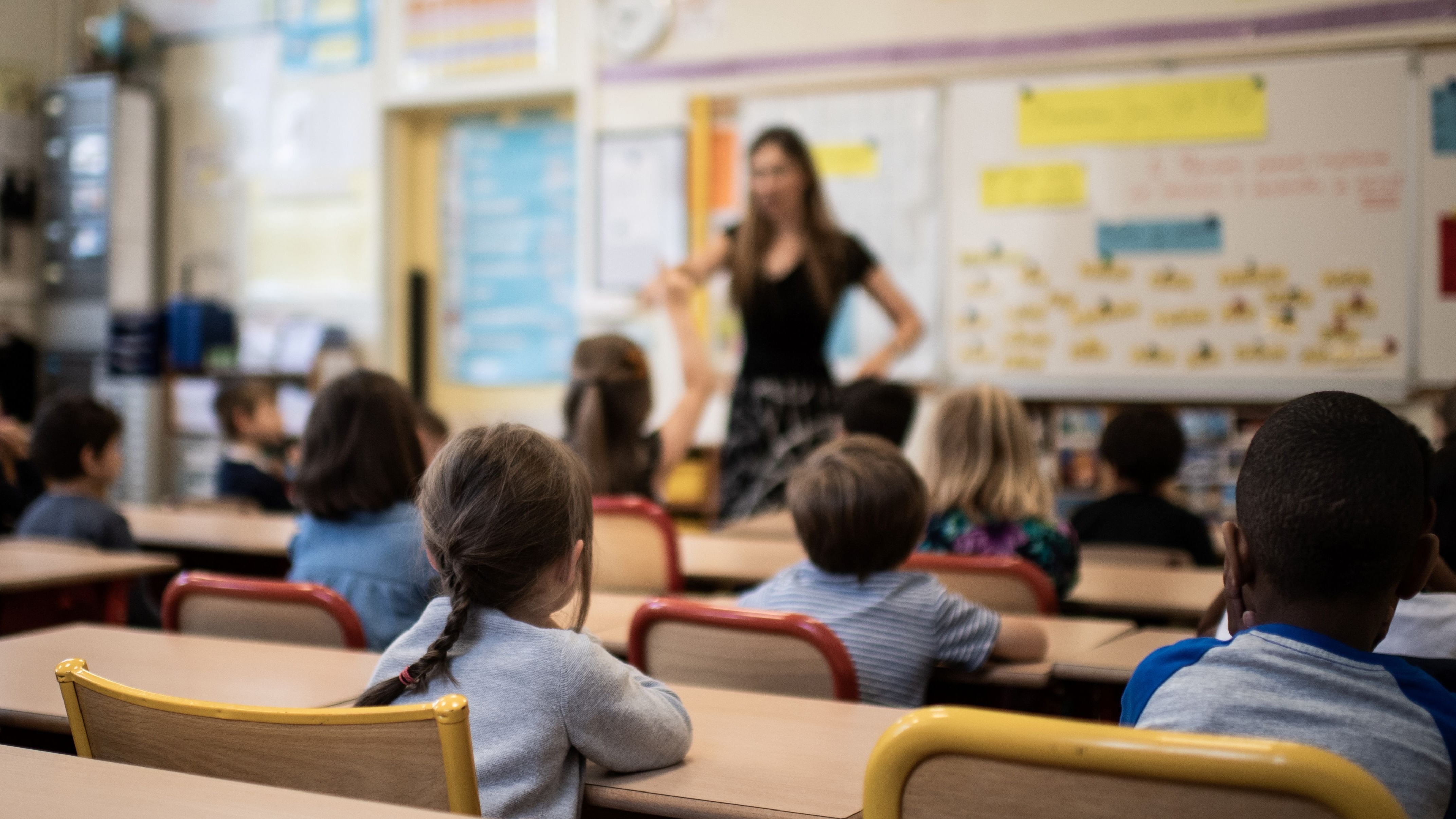 Coronavirus: will UK schools have to close again?
Coronavirus: will UK schools have to close again?Speed Read Thousands of teachers are self-isolating - but the government is determined not to order new closures